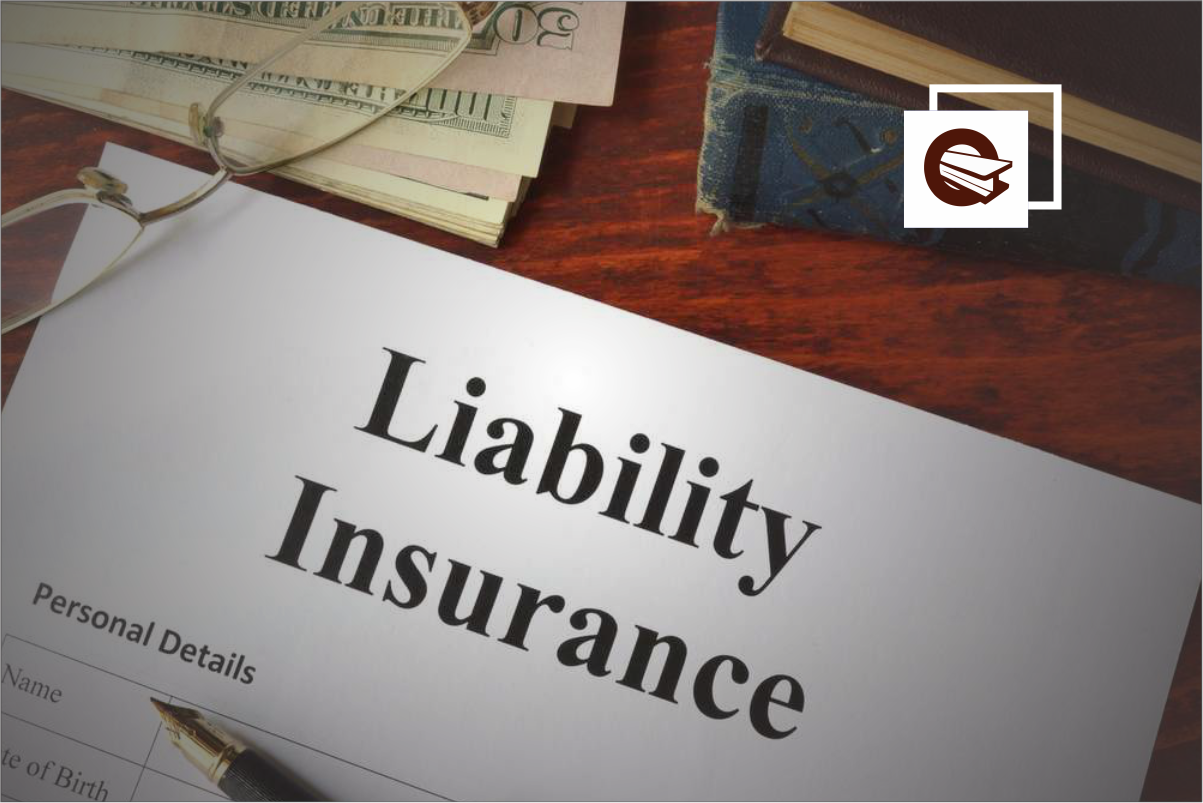
General liability insurance, as the name implies, protects your company from the most common risks. There are now a plethora of commercial liability policies on the market; however, general liability insurance serves as the initial foundation and primary coverage for all of these policies.
However, you should be aware that not every general liability insurance policy provides the same level of protection. Here is a list of questions to ask yourself in order to find a general liability insurance policy that meets your needs.
Unexpected circumstances or contingent events can result in significant financial losses for a business. These losses can include property damage, unfortunate workplace accidents, employee injuries, and other liabilities.
This can have a significant impact on the company’s finances. You can, however, mitigate almost all of these damages with general liability insurance coverage. Not only will the insurance cover the majority of your expenses, but it will also protect your cash flow or savings.
What does general liability insurance cover?
General liability insurance, also known as business liability insurance or commercial general liability (CGL), is an insurance policy that protects you from property damage, bodily harm, libel and slander, and any liability arising from misleading or unintentionally false advertisements.
Furthermore, it assists the company in paying for any related expenses arising from claims, such as medical expenses, settlement fees, and legal defense costs.
The primary goal of general liability insurance is to protect the company’s financial assets and interests from any third-party claims, that is, any financial loss suffered by others for which your company is liable.
The scope of your policy determines the extent of your general liability insurance coverage. However, in most cases, general liability insurance covers the events and circumstances listed below:
Damage to property
For example, your landlord may have sued you under the guise of causing a fire in his building. This fire started in your office, but it spread to the landlord’s building, causing significant damage to his property. This is an example of a business causing property damage, which a general liability insurance policy will cover.
Injury to the Body
On occasion, falls and slips occur on your business premises, causing serious injuries or property damage. If the individual files a claim, however, a general liability insurance policy will cover it.
Reputational Damage
Reputation damage refers to statements made by your company that may harm the reputation of a company or an individual. Posting derogatory remarks on the internet is a prime example of this.
Infringement on Intellectual Property
General liability insurance will protect the company from copyright infringement suits and provide adequate coverage against lawsuits.
Why do you need general liability insurance for your business?
Every business, regardless of size, is subject to risk. Small businesses, on the other hand, rarely have a surplus cash reserve to cover any large contingent expense. A single legal claim could spell disaster for your company.
For example, suppose someone has an accident on your business premises and holds you liable for any physical injuries. This claim can cost a lot of money, and you may have to dip into your savings to cover the costs.
In addition to your legal fees, you will be responsible for the injured person’s medical expenses. Furthermore, if the individual is rendered unable to work, you may be required to compensate for this loss of income.
In such cases, if you do not have general liability insurance, your finances will suffer greatly. Business liability insurance protects your company from all types of accidents, incidents, and liabilities.
Though having general liability insurance is not required by law, landlords frequently make it mandatory. It assists you in paying claims and meeting work contract contingencies.
General liability insurance, if nothing else, is a wise business investment that protects your company from any foreseeable damages and liabilities. It not only protects you and your assets, but it also financially assists you in fighting fraudulent claims and complaints.
What level of coverage is required to protect your company?
When purchasing an insurance policy, one of the most important factors to consider is the amount of liability coverage. Having a general liability insurance policy is important for your business; however, do not rush into purchasing one that does not meet your needs.
It is also critical to determine how much coverage your company requires. This is largely determined by the business’s level of risk exposure.
The insurance coverage limit would be determined by the type of business, its location, the industry in which it operates, and the types of risks that it faces on a daily basis. For example, insurance coverage for a consulting firm that conducts all of its operations from home would be vastly different from that of a manufacturing firm.
Popular business liability insurance for small businesses typically starts at $1,000,000 and goes up to $2,000,000 in aggregate coverage. This means that while your policy is active, the agent will pay you for any claim up to a million dollars. However, the policy’s total coverage limit is two million dollars during its active term, which is typically a year.
SOURCE: Smart Answers
